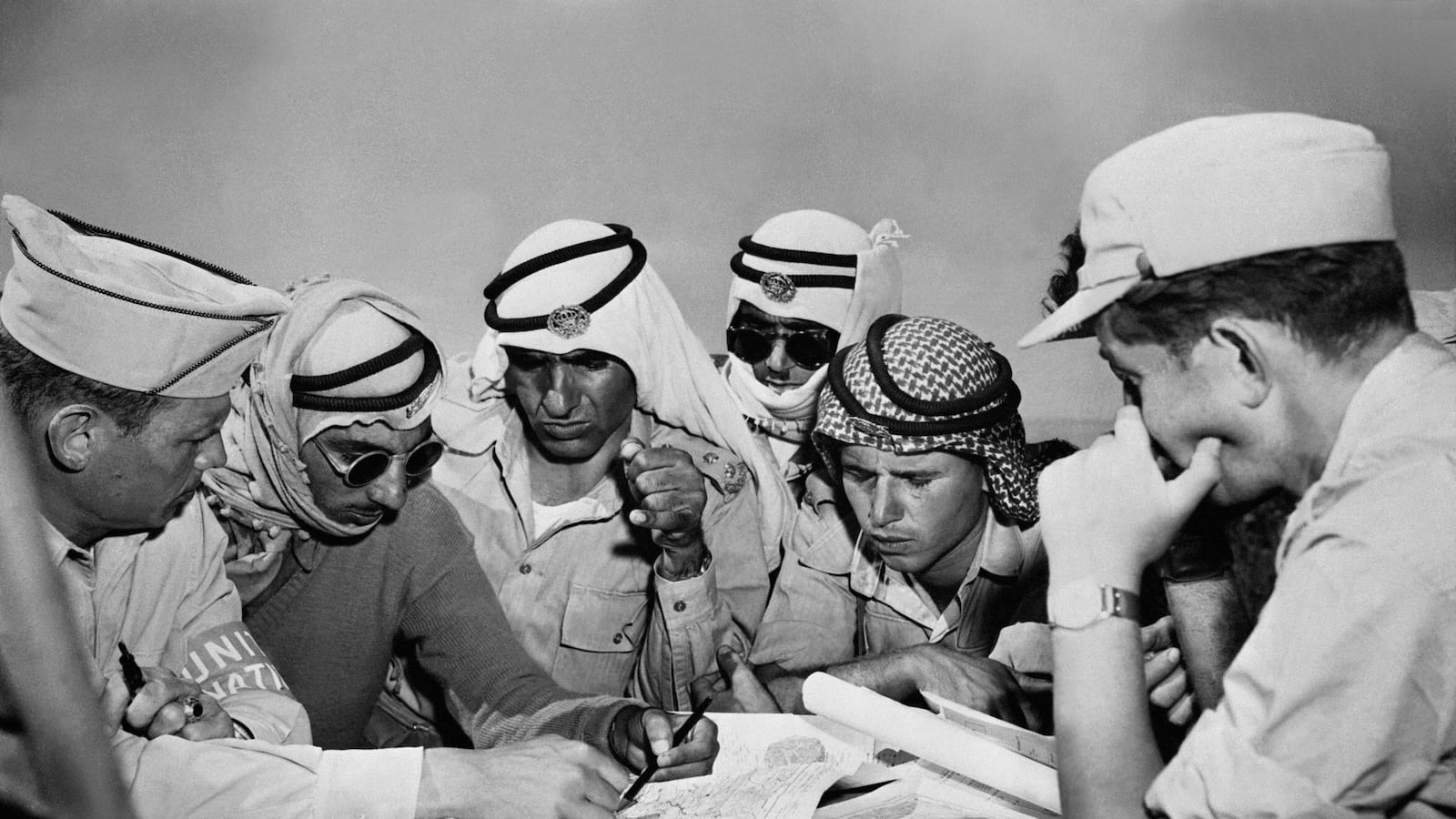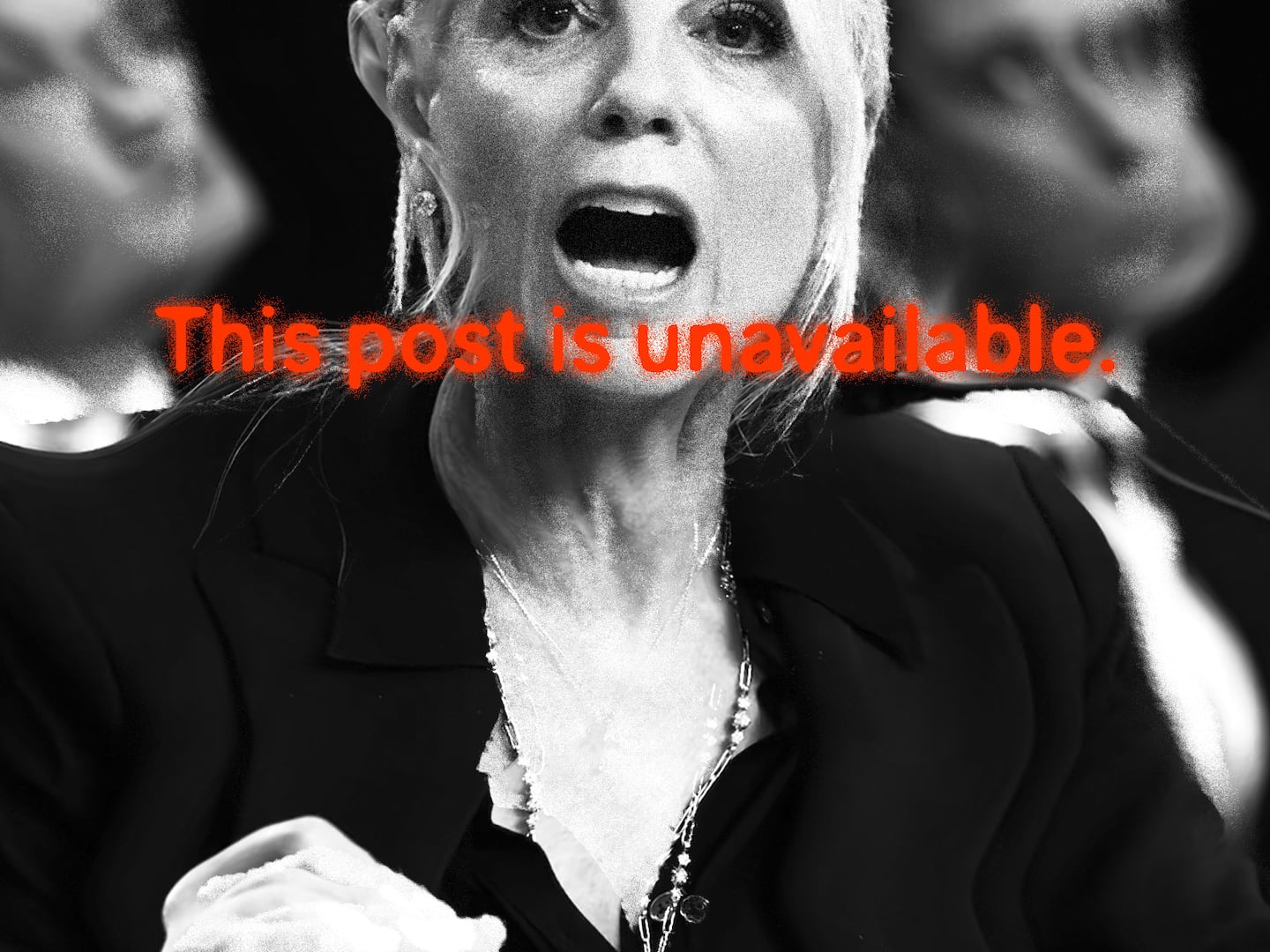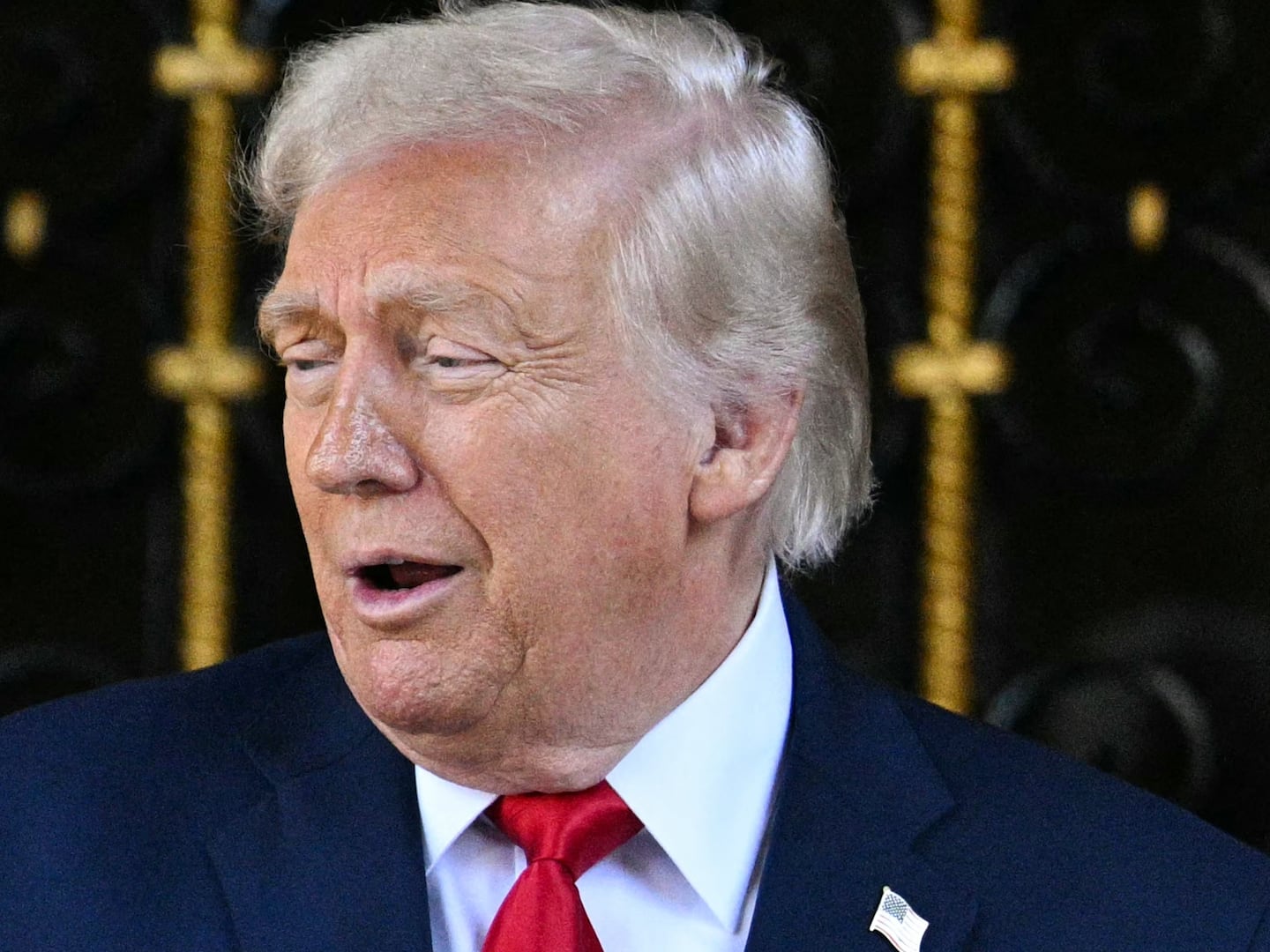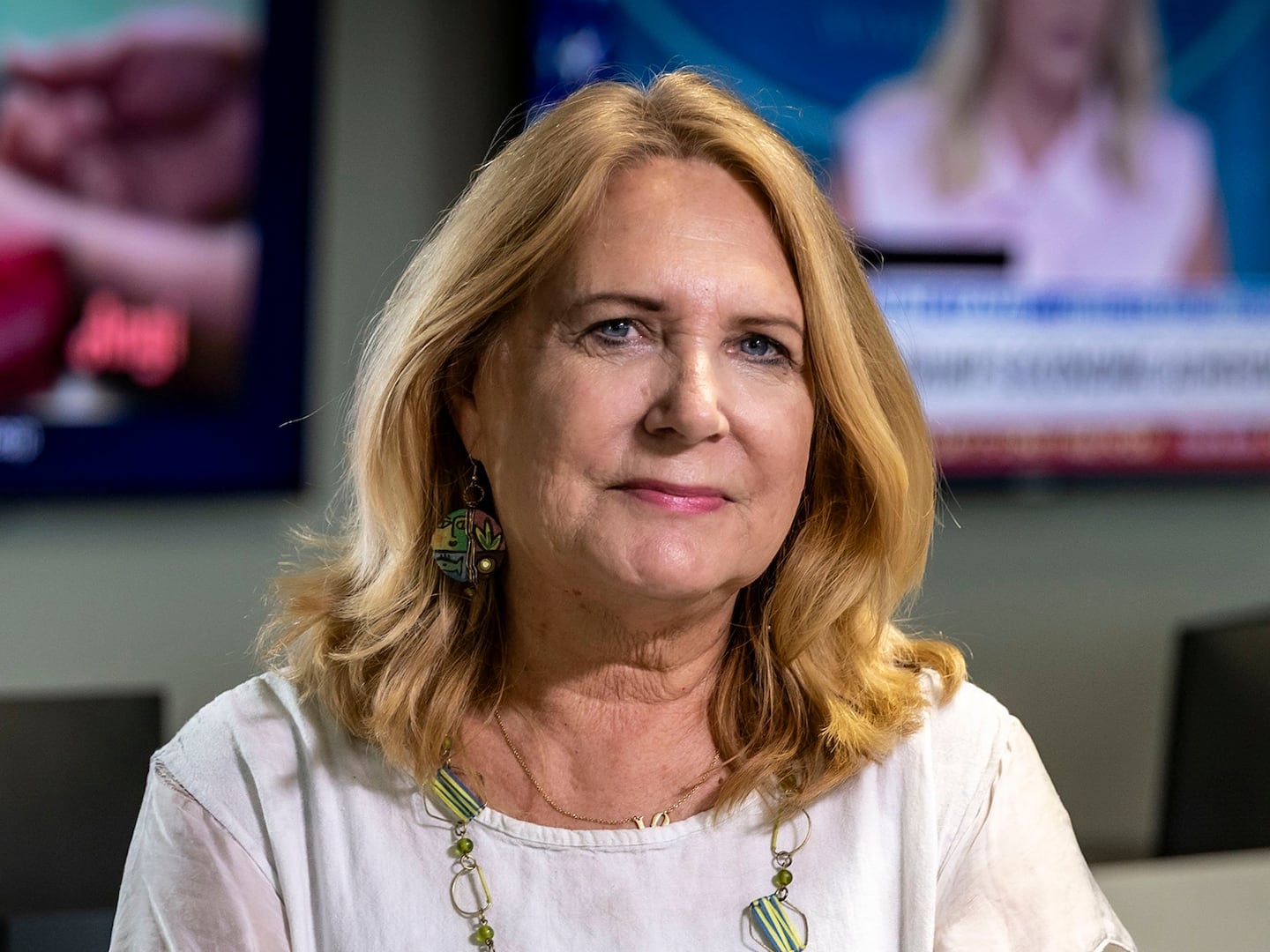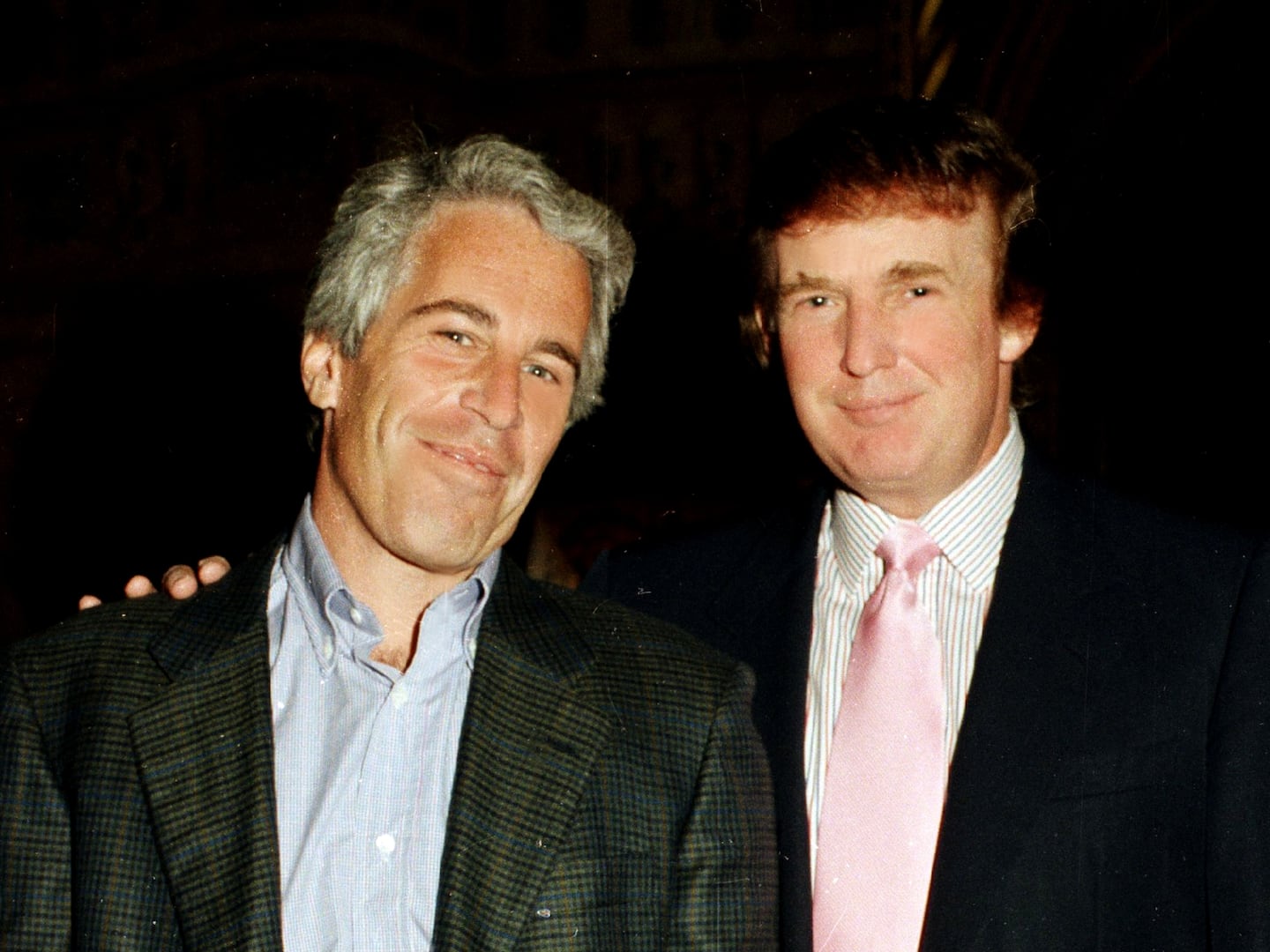There is a sad conceptual and ethical rift which is coming to define Israel-Palestine grassroots activism in North America.Last week, the Chicago Movement for Palestinian Rights issued a public letter to the optimistically-named OneVoice Movement, stating their refusal to engage with an organization they see as unjustly promoting what is strangely becoming the bête noir of policy solutions in the Palestinian-sympathizing activist community: the two-state solution.

As the letter, reprinted on the Mondoweiss blog, states, “In the OneVoice mission statement, you claim to be a grassroots movement. However, your advocacy for a two-state solution is incompatible with grassroots organizing.” The letter adds, “Your campaign for a two-state solution only serves the interests of those in power, rather than the people.” Stingingly, the letter states,“among your justifications for a two-state solution, you prioritize preserving a Jewish majority in Israel. Not only is this Israel-centric, it is racist in nature.”
Avenue Q’s joking aside, no one wants to be called a racist. And the label must be especially maddening to peace activists who are trying to take the long view. Especially when it is so easy these days, in the age of tribal impulses, to fight for your own, and only your own.
In an emailed statement from OneVoice, Josh Nerpel, the group’s spokesman, wrote, “We recognize the inequality of the parties and the injustice of occupation. However, we are also committed to changing the situation.” Nerpel also told me in an interview that the Chicago youth’s letter came in response to an invitation by OneVoice to meet with the group’s Israeli and Palestinian youth leaders who are slated to visit the Midwest. He explained that OneVoice’s goals involve achieving a two-state solution along the 1967 lines while respecting international law.
As to the Chicago youth’s letter charging OneVoice of racism and demanding that Palestinian refugees be allowed to return to inside Israel, Nerpel told me he did not want to get into these debates over the blogosphere. Rather, he prefers to sit down with the Chicago group “and have an open conversation about what we do.” He stressed, however, that OneVoice is “not a dialogue group.”
What I take from all this is that it is easier to levy a racism charge and demand absolute justice for one party to the conflict it is to defend a more nuanced and pragmatic position that will involve painful concessions by both sides.
OneVoice may be more aligned with the international consensus as well as majorities within both Palestinian and Israeli societies than it is with the radical left. But what of it? With Israel’s current addiction to the territorial status quo coupled with an increase in settlement, any forthright attempt to push both sides towards meaningful, tangible and immediate peacemaking gestures is certainly speaking at least some truth to power. Especially when the lion’s share of the power lies with Israel, and when Israel’s current power holders see themselves as so much more beholden to land than to people.

